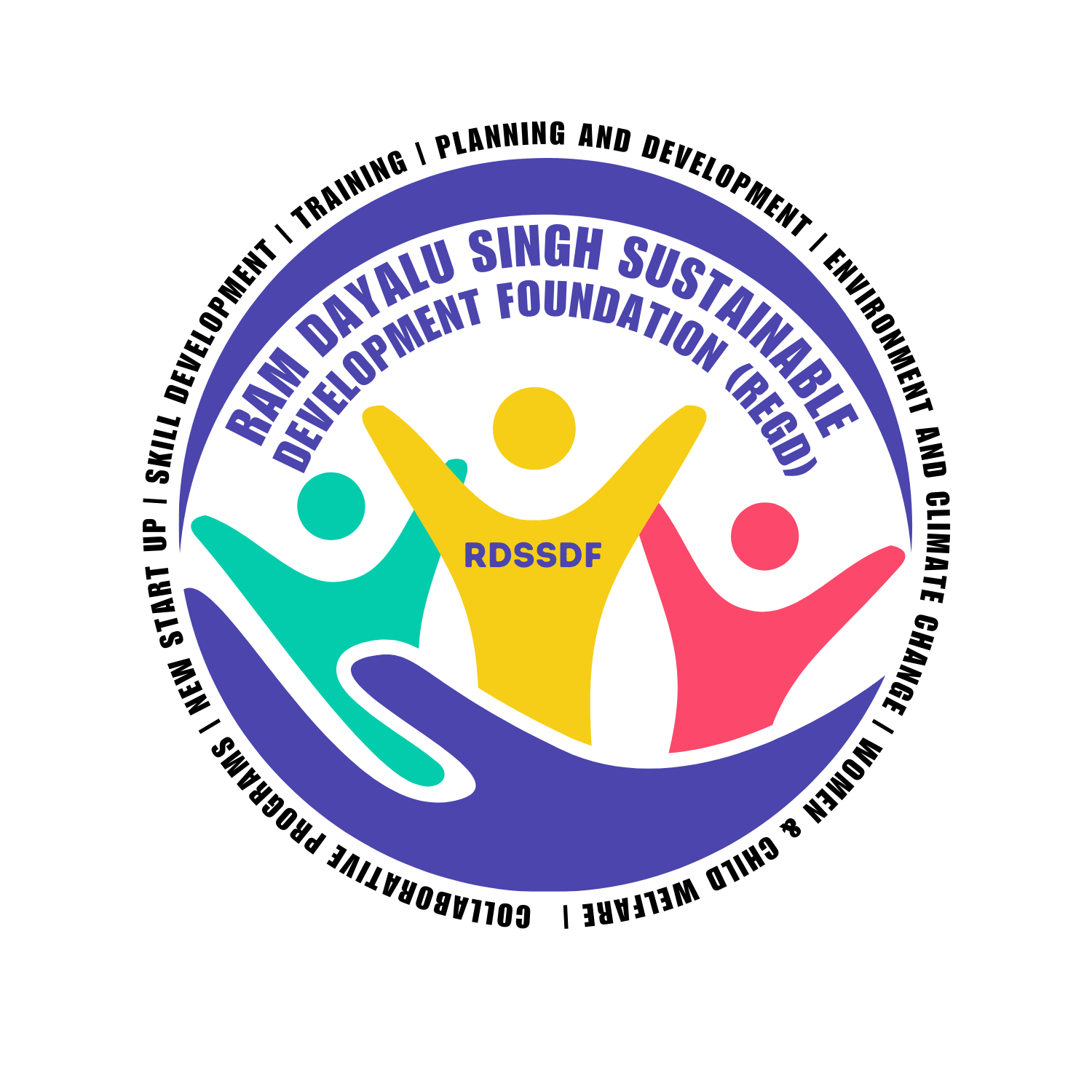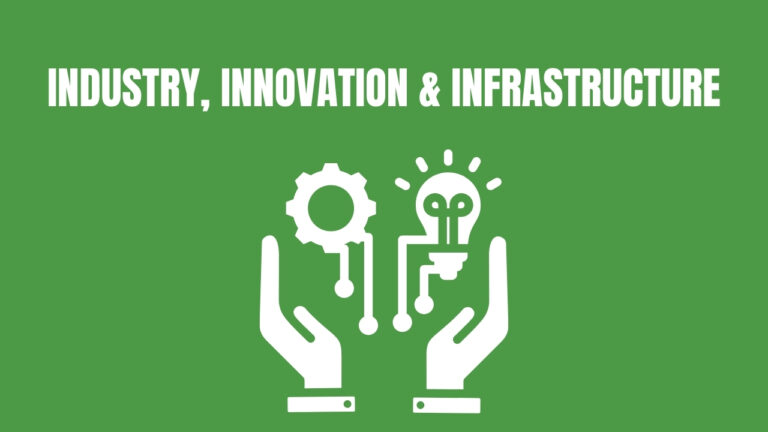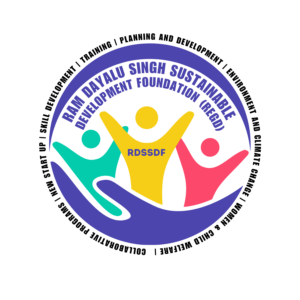Goal Overview
By 2030, promote peaceful and inclusive societies for sustainable development, provide access to justice for all, and build effective, accountable, and inclusive institutions at all levels.
Key Targets and Indicators
- Significantly reduce all forms of violence and related death rates everywhere.
- Indicator: Number of victims of intentional homicide per 100,000 population, by sex and age.
- End abuse, exploitation, trafficking, and all forms of violence against and torture of children.
- Indicator: Proportion of children aged 1–17 years who experienced any physical punishment and/or psychological aggression by caregivers in the past month.
- Promote the rule of law at the national and international levels and ensure equal access to justice for all.
- Indicator: Proportion of victims of violence in the previous 12 months who reported their victimization to competent authorities or other officially recognized conflict resolution mechanisms.
- By 2030, significantly reduce illicit financial and arms flows, strengthen the recovery and return of stolen assets, and combat all forms of organized crime.
- Indicator: Total value of inward and outward illicit financial flows (in current United States dollars).
- Substantially reduce corruption and bribery in all their forms.
- Indicator: Proportion of businesses that had at least one contact with a public official and that paid a bribe to a public official, or were asked for a bribe by these public officials, during the previous 12 months.
- Develop effective, accountable, and transparent institutions at all levels.
- Indicator: Proportion of population satisfied with their last experience of public services.
- Ensure responsive, inclusive, participatory, and representative decision-making at all levels.
- Indicator: Proportions of positions (by age, sex, disability, and population groups) in national and local public institutions, including the judiciary, compared to national distributions.
- Broaden and strengthen the participation of developing countries in the institutions of global governance.
- Indicator: Proportion of members and voting rights of developing countries in international organizations.
- By 2030, provide legal identity for all, including birth registration.
- Indicator: Proportion of children under 5 years of age whose births have been registered with a civil authority, by age.
- Ensure public access to information and protect fundamental freedoms, in accordance with national legislation and international agreements.
- Indicator: Number of verified cases of killing, kidnapping, enforced disappearance, arbitrary detention, and torture of journalists, associated media personnel, trade unionists, and human rights advocates in the previous 12 months.
Strategies and Actions
- Reduce violence: Implement policies and programs to reduce violence, protect victims, and provide support services to those affected by violence and crime.
- Protect children: Enforce laws and regulations to end child abuse, exploitation, trafficking, and violence, providing safe environments and support systems for children.
- Strengthen the rule of law: Promote legal frameworks that ensure equal access to justice and protect human rights, enhancing public trust in the legal system.
- Combat organized crime: Strengthen measures to reduce illicit financial and arms flows, recover stolen assets, and combat organized crime through international cooperation and robust legal frameworks.
- Fight corruption: Implement anti-corruption measures, promote transparency, and hold public officials accountable to reduce bribery and corruption.
- Enhance institutional transparency: Develop and support effective, accountable, and transparent institutions to foster public trust and ensure good governance.
- Promote inclusive decision-making: Ensure that decision-making processes at all levels are inclusive, participatory, and representative, involving all stakeholders, including marginalized groups.
- Strengthen global governance: Enhance the participation of developing countries in global institutions to ensure fair representation and decision-making.
- Ensure legal identity: Promote universal birth registration and legal identity to ensure that everyone has access to rights and services.
- Protect fundamental freedoms: Guarantee public access to information and protect freedoms, ensuring that human rights defenders and journalists can operate safely.
FAO Actions to Support Monitoring
- Capacity building: Provide training and capacity-building programs for government officials, legal professionals, and community leaders on promoting peace, justice, and strong institutions.
- Technical assistance: Offer technical support for developing and implementing policies and strategies that enhance institutional effectiveness and accountability.
- Research and data collection: Conduct research and gather data on violence, crime, corruption, and institutional transparency to inform policy-making and track progress.
- Guidelines and best practices: Develop and disseminate guidelines and best practices for reducing violence, protecting children, combating corruption, and promoting inclusive decision-making.
- Awareness campaigns: Promote public awareness and advocate for peace, justice, and strong institutions through campaigns, workshops, and public events.
Conclusion
Promoting peaceful and inclusive societies, providing access to justice for all, and building effective, accountable, and inclusive institutions are essential for sustainable development. By reducing violence, protecting children, strengthening the rule of law, combating organized crime and corruption, enhancing institutional transparency, promoting inclusive decision-making, strengthening global governance, ensuring legal identity, and protecting fundamental freedoms, we can achieve SDG 16. Together, we can build a more just, peaceful, and inclusive world for all.





 Welcome to Ram Dayalu Singh Sustainable Development Foundation (RDSSDF), a beacon of hope and progress for the sustainable development of India. As a National Level Public Charitable Trust, it is dedicated to providing comprehensive support and innovative solutions.
Welcome to Ram Dayalu Singh Sustainable Development Foundation (RDSSDF), a beacon of hope and progress for the sustainable development of India. As a National Level Public Charitable Trust, it is dedicated to providing comprehensive support and innovative solutions.